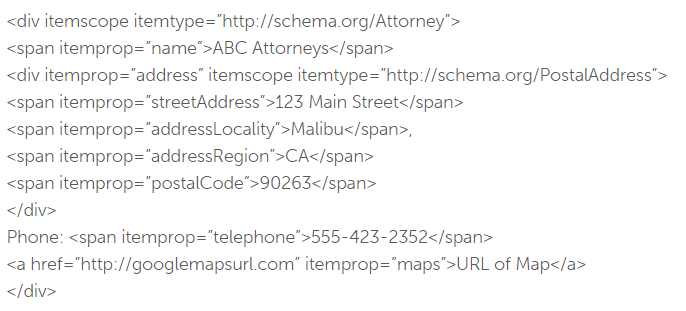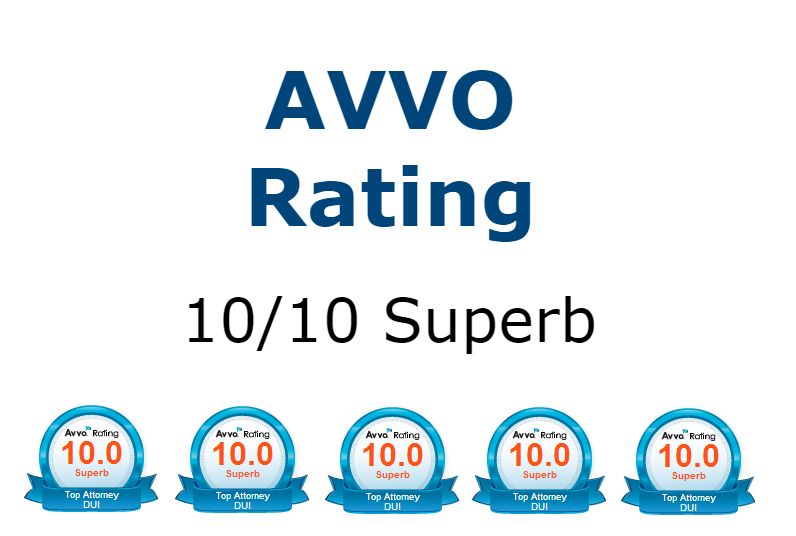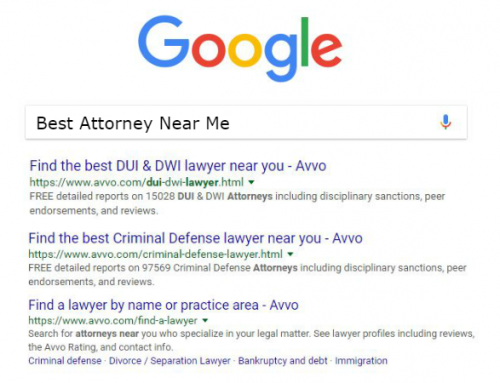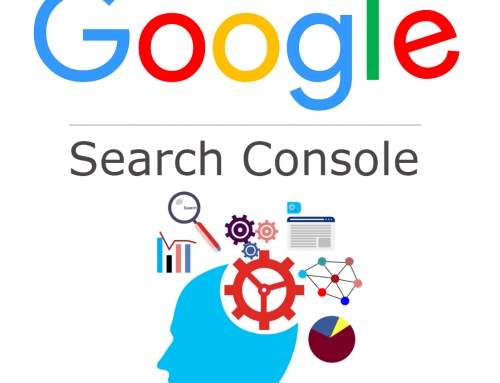Semantic. Adjective: of or relating to the meanings of words and phrases.
Many search engine optimization (SEO) techniques and strategies can quickly become complex, laden with technical jargon, acronyms and “code speak.” Semantic search and semantic markup, for instance, may seem overwhelming, but at its core, remember that it is about the meanings of words.
As search engines grow more complex and “intelligent,” and as they deal with unprecedented volumes of data, they need to figure out how to provide the most relevant results to searchers. Semantic search goes beyond simply looking at keywords. It examines the intent and the contextual meaning of the words in the query. It figures out how words or phrases relate to each other in order to deliver the most relevant results.
How Does This Look in Action?
Here’s a quick, simple example: you conduct a search for “weather.” The first result – which does not even require you to click-through – will show the current temperature and weather conditions for your area. Why? Because Google infers that your intent is to access a local forecast, not learn about the history of weather or meteorology. You could want that, though, which is also why they provide other results and suggestions.
Context is the other key ingredient. Consider this: in 2012, 20% of searches were “new”. That is, they’d never been entered before because people were only just starting to use longer, more complex queries (e.g. “What do I do if I’m charged with DUI?” or “Who’s the best personal injury lawyer in Memphis?”).
These queries are context-heavy, and they provide Google with a better understanding of what you need so it can deliver the most relevant results.
Whereas before search engines produced results by matching specific keywords, they now take the whole meaning of the sentence or question into account. They take the various “entities” (people, places, things) in the query, determine how they relate to one another, and then find the right (or best) answers.
Why Is This Important for Lawyers?
Why does the evolution of search matter for lawyers? According to Lawyernomics, 21.9% of people turn to Google, Bing, or Yahoo when looking for a lawyer. An additional 10.5% use other online resources (e.g. AVVO, FindLaw, Lawyers.com, etc.), and a small (but growing) number, 1.2% ask on a social media platform. These figures represent a substantial marketing opportunity for legal professionals.
When you “markup” your content for semantic search (more on that in just a minute), it can:
- Increase your visibility in the search rankings.
- Boost your click-through-rate.
- Improve conversion rates.
- Enable Google to index your content more quickly. This is particularly important when you have new content that you want out in front of your target audience’s eyes as soon as possible.
Semantic Markup
We mentioned “markup” before. What is it? You’ve probably heard of “HTML,” which stands for HyperText Markup Language. By marking up your content, you tell Google how it should be displayed. For instance:
<CENTER><IMG SRC=”courtroom.jpg” ALIGN=”BOTTOM”> </CENTER>
This tag indicates that the image of the courtroom would be centered and aligned at the bottom. You can do this with titles, headers, subheaders, and other elements that make up your page.
Semantic markup is also a way of marking up your content. The difference is that these tags reinforce the semantics, or meaning, of the various elements, rather than just telling Google what they should look like.
Here’s an example.

The example uses “schemas” to classify and organize data. Schema.org is a collaborative effort on the parts of Google, Bing, Yahoo, and Yandex to classify and organize data: webmasters can use this common set of schemas to markup their content and help engines “better understand their websites.”
So what’s the sample markup telling us? We can see that this is an attorney, as well as the name, address, phone, and map of the individual. End-users will not see the markup onscreen, only the pertinent information.
Key Markups for Lawyers
Schema.org is an essential tool for local businesses (including firms and individual attorneys). It allows you to highlight everything from your business hours to client testimonials for searchers.
Schema has a section for attorneys, under its professional services category. Included are elements such as your founder(s), people working for your firm, events, address, aggregate ratings, phone numbers, URLs, payments accepted, and much more. Because the majority of your potential clientele is looking for lawyers in their area, pay particular attention to tags that reinforce location (address, phone number, etc.).
Again, these tags are designed to reveal the meaning of your content, helping Google point interested searchers in your direction.
The Bottom Line
Semantic markup is a critical, though time-consuming, process. If you outsource this facet of your web marketing efforts, you can concentrate on differentiating yourself as a professional and expert – and let your online work speak for itself.









